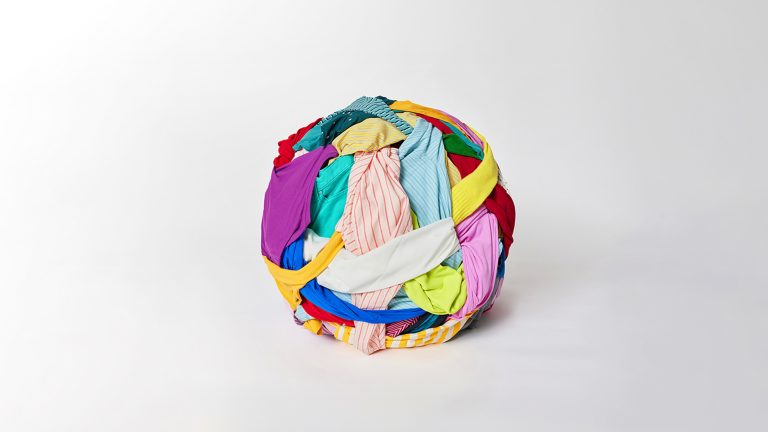Reju™, a pioneering company dedicated to textile-to-textile regeneration, has officially opened its first operating facility, Regeneration Hub Zero, in Frankfurt, Germany. This marks a significant achievement for Reju, which was only established 12 months ago in Paris, France. The rapid development of this Hub has set the stage for production to commence in 2025, with ambitious goals for environmental sustainability.
Backed by Technip Energies, a global leader in engineering and technology, Reju employs groundbreaking technology developed through IBM research. This strategic partnership aims to create a new circular economy and robust infrastructure dedicated to the recovery, regeneration, and recirculation of textile waste, beginning with polyester. The technological framework underpinning the Regeneration Hub Zero is designed to ensure efficiency and sustainability at every stage of the textile lifecycle.
The team assembled by Reju brings together experts in sustainability, engineering, and textile technology, combined with Technip Energies’ extensive knowledge. This collaboration positions the company for unprecedented growth and scalability in the textile recycling sector.
Reju is committed to ensuring traceability from textile waste that would typically be discarded through landfilling, incineration, or dumping. The outcome of this innovative process will be Reju Polyester, which boasts a carbon footprint that is 50% lower than that of virgin polyester. This environmentally friendly approach represents Reju’s mission to deliver a product that can be regenerated infinitely, contributing to a more sustainable future for the textile industry.
To support this new operational model, Reju is collaborating with upstream partners to recover, collect, and sort textile materials, thereby establishing a circular textile system that currently does not exist. By fostering relationships with local municipalities and global recycling organizations, Reju aims to create a seamless pipeline for textile recovery, significantly reducing the environmental impact of textile waste.
Patrik Frisk, CEO of Reju, highlighted the urgency of addressing textile waste, stating, “We are confronting one of the most pressing challenges in textile waste management—polyester. Globally, we generate 92 million tons of textile waste each year, yet less than 1% of this is recycled. The prevailing system consumes finite resources and neglects end-of-life responsibilities for textiles. Reju is committed to transforming this landscape by fostering a new system through vital global partnerships. We aim to build the necessary infrastructure, enhance technology, comply with regulatory frameworks, and ultimately facilitate a significant shift in industry practices. Our Regeneration Hub Zero in Frankfurt is a pivotal step forward, demonstrating how advanced technology can tackle the global textile waste crisis.”
Frisk, a seasoned industry leader with prior roles as CEO of Under Armour Inc. and Aldo Group, leads Reju alongside Alain Poincheval, COO of Reju, who brings 35 years of experience with Technip Energies.
Poincheval remarked, “With over 65 years of engineering excellence, Technip Energies operates in 34 countries and is committed to accelerating climate solutions. By merging engineering expertise with technological advancements, we are paving the way for a more sustainable, low-carbon economy for future generations. This collaboration not only highlights our commitment to innovation but also exemplifies the steps necessary to create a more responsible textile industry.”
With Regeneration Hub Zero now operational, Reju is poised to make a significant impact in the textile industry, setting new standards for sustainability and responsibility in textile waste management, while demonstrating the potential for technological advancements to reshape environmental practices across the globe.


